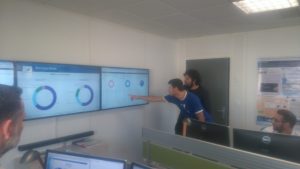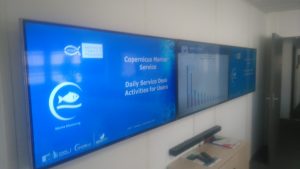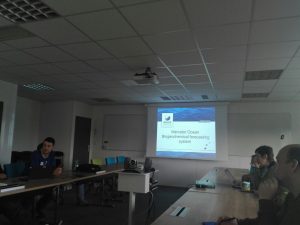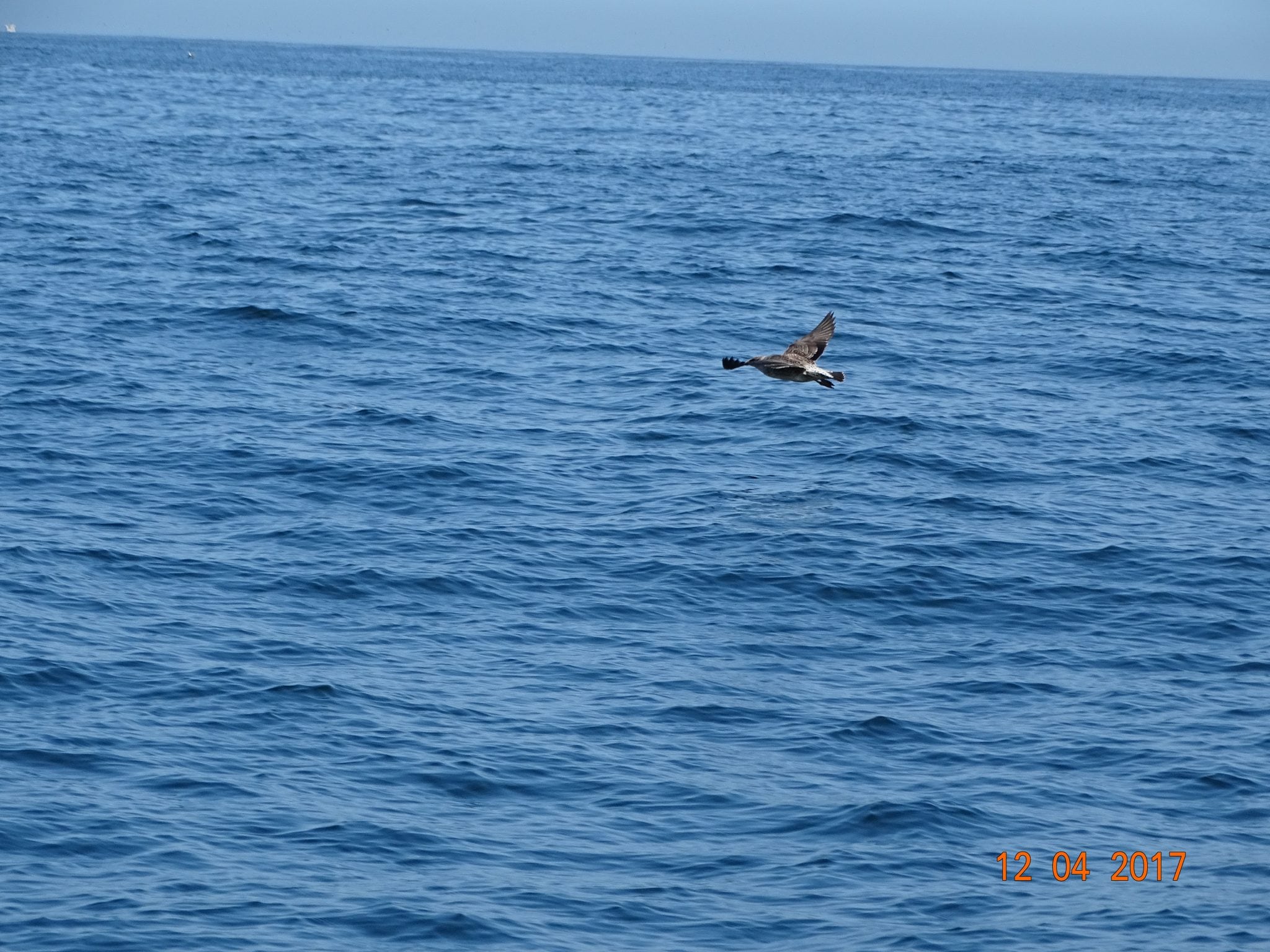IFOP forecasts sea condition 72 hours in advance
December 7th, 2017
Since 2014, Fisheries Development Institute has been implementing an oceanographic forecasting system based on hydrodynamic coupling (Model ROMS) and atmospheric (Model WRF) numerical models, which allow sea status forecast 72 hours in advance. Southern zone of Chile. This system has been implemented in conjunction with Concepción University Geophysics Department. This program is financed by Economy Ministry under the Undersecretariat of Fisheries and Aquaculture supervision.
Forecasting system uses information multiple sources that must be daily registered to produce results, among these are: river flows information (General Water Directorate), meteorological information (Chilean Meteorological Directorate), Bathymetric Information (Hydrographic Service) and Navy Oceanographic and oceanic edge conditions, which are derived from the global ocean model of Mercator_Ocean of the Copernicus program.

On this last one, 2014 European Commission commissioned Mercator Ocean, institution with seat in Toulouse-France, Copernicus Marine Service creation. This service objective is to provide open and quality access to scientific information on the physical and biogeochemical oceans state. Examples of the latter, which include temperature, currents, salinity, sea height, sea ice, water color, chlorophyll content, etc. (more detail https://www.mercator-ocean.fr/en/mercator-ocean/copernicus/)
Based on this, during November second half, oceanography group researchers from IFOP Aquaculture Research Environment Division Department: Cristian Ruiz and Elías Pinilla, were at Mercator Ocean facilities in Toulouse-France. , in order to know in detail the work carried out by this institution in operational oceanography and see possible future collaborations.
According to Cristian Ruiz “This visit allowed in the first instance to generate development of this type of tool in Chile, a diagnosis which, focused from a national point of view, is highly positive, where it can be considered a sufficient development base that allows us to project on a long-term work that can be in line with the direction taken by developed countries, however the challenge is not minor, since a second look indicates that the future of these tools is closely linked to collaboration of high level among diverse institutions in Chile “.

Meanwhile, Elías Pinilla indicated “Although it is true, we have made substantive progress in oceanographic modeling areas in recent years in Chile, operational oceanography requires ocean observation systems capable of transmitting this information to data centers in order to improve results of these models. Therefore, presently an important need is to organize among many institutions and Universities linked to the observation of the ocean a unique system of coastal monitoring “.
Link https://www.mercator-ocean.fr/actualites/ifop-hydrodynamic-model-to-boost-aquaculture-using-mercator-ocean-model/
http://marine.copernicus.eu/hydrodynamic-model-aquaculture/
